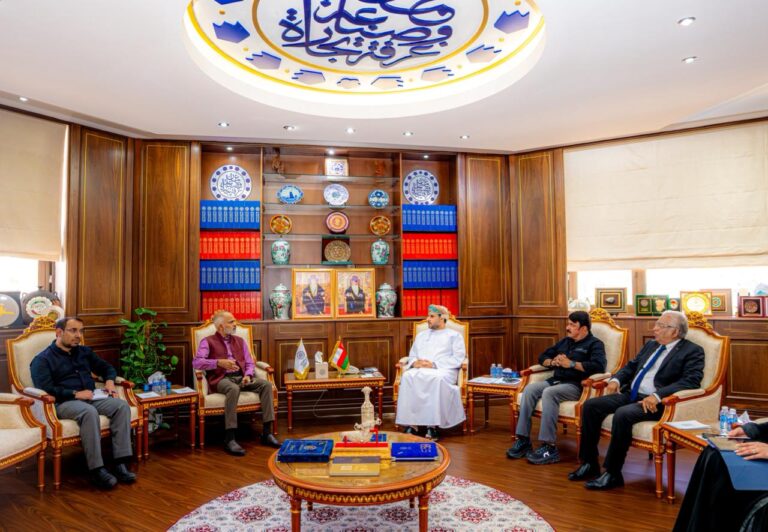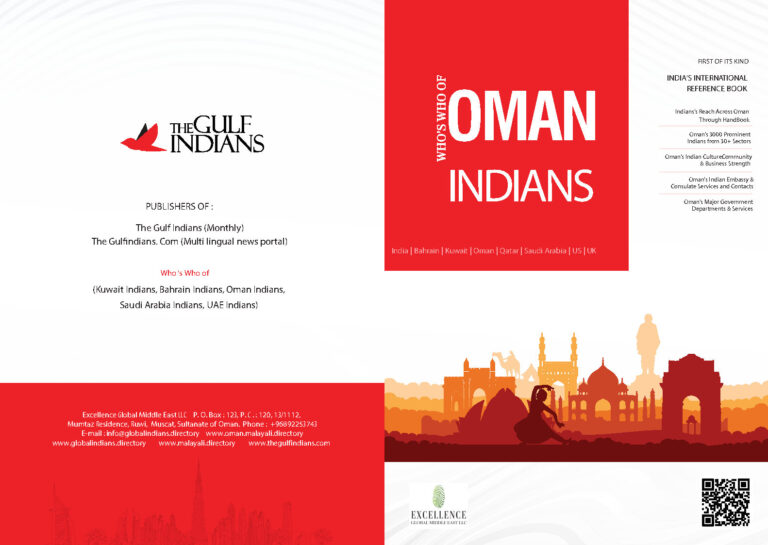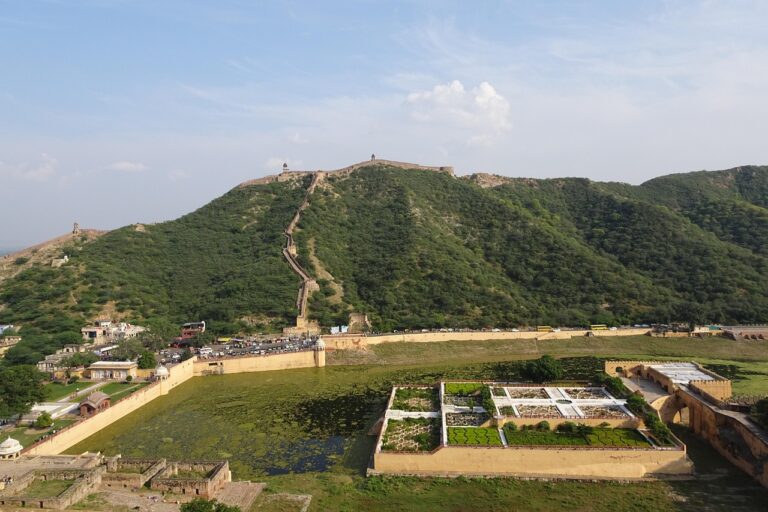Muscat : These agreements, part of OMIFCO’s social responsibility initiatives, will support agricultural, fisheries and water resources sectors in the Sultanate of Oman.
The agreements were signed by His Excellency Dr. Saud bin Hamoud Al Habsi, Minister of Agriculture, Fisheries and Water Resources, and by Eng. Qassim bin Ahmed Al Balushi, OMIFCO’s Strategic Director of Social Investment.
A total of four agreements, valued at RO 500,000 were signed for South Al Sharqiyah Governorate to support the maintenance and preservation of the Aflaj system, the project to manufacture and install artificial coral reefs in the Wilayat of Sur (phase three), the livestock breeding development project, and the agricultural caravan project.
Two other agreements were signed for the governorates of South Al Batinah and North Al Batinah; these comprise a project to enhance agricultural business opportunities in lands affected by salinity and a smart agriculture project (second phase).
Dr. Hamdan bin Salem Al Wahaibi, Director General of Agricultural and Animal Research at the Ministry of Agriculture, Fisheries and Water Resources, stated that the project to enhance agricultural business opportunities in lands affected by salinity aims to benefit from it through economic projects in food production. It will create added value and improve farmers’ income by investing in the cultivation of affected lands, in addition to preserving fertile agricultural lands, especially those affected by groundwater salinity.
He further explained that the project, valued at RO 500,000, includes several integrated components, the application of desalination techniques through solar-powered desalination units with high treatment efficiency, the application of modern agricultural techniques such as hydroponics in greenhouses, the cultivation of multi-purpose salt-resistant crops, and an agricultural integration project with fish farming – in addition to an integrated training program for the management of water and lands affected by salinity.
He pointed out that the project seeks to achieve a number of objectives, most notably environmental sustainability, preserving water resources and lands from pollution resulting from wastewater, enhancing job opportunities in lands affected by salinity, preserving agricultural lands, and benefiting from the affected lands in agricultural production.












